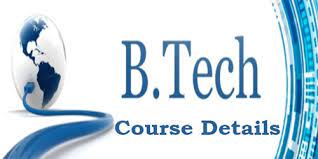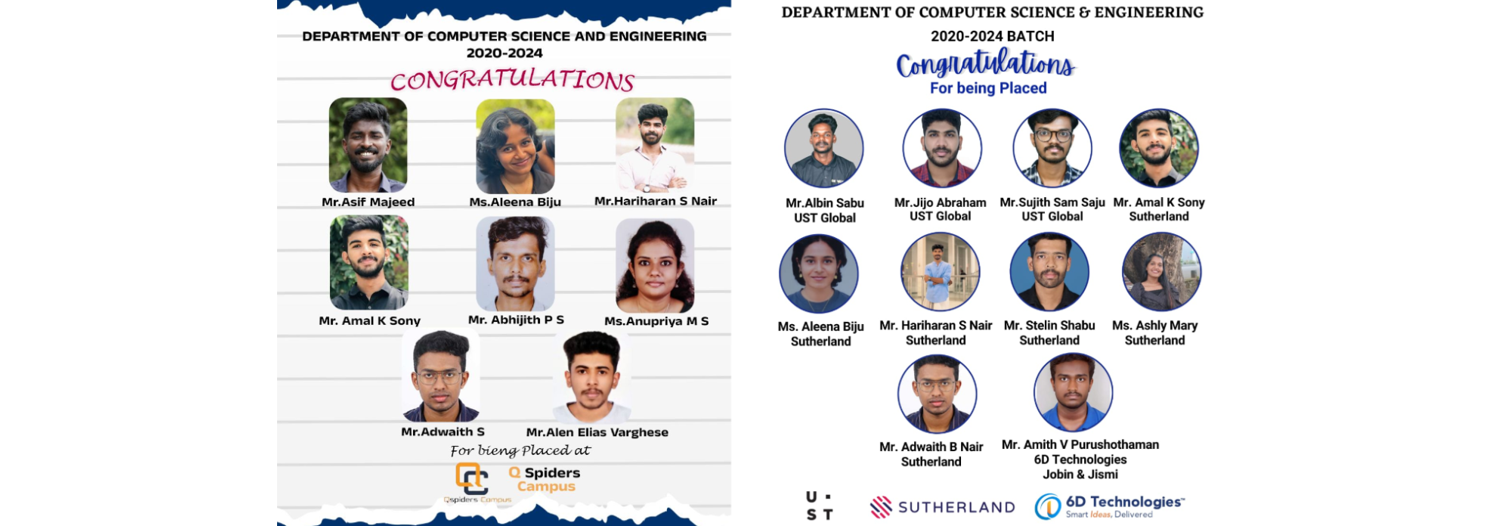- Home
-
About us
- Established in the year 2002
- Supreme Infrastructure
- Dedicated Faculty Members
- Best Placement Team
- Excellent Management Team
- Accredited by National Board of Accreditation (NBA)
- Accredited by National Assessment and Accreditation Council (NAAC)
- Approved by the All India Council for Technical Education (AICTE)
- Affiliated to the APJ Abdul Kalam Technological University.
-
Courses
- Structural Engineering And Construction Management
- Industrial Engineering & Management
- Power Electronics & Power Systems
- VLSI and Embedded Systems
- Computer Science and Engineering
The Mangalam Management Studies of the Mangalam College of Engineering aims to redefine management education which will be appealing to the students apropos the professional circles, open to the industry and attached to the people at large. The department will adequately cater to the management needs of the fast-growing state of Kerala in the industrial, agricultural and service sectors.
Read more Get MBA Admission -
MLMCE Quick View
Departments
- Civil (CE)
- Mechanical (ME)
- Electrical (EEE)
- Electronics (ECE)
- Computer (CSE)
- Humanities (BSH)
- Chemical
- AL & ML
Courses
Admission
Life @ Mangalam
- Contact us
- Feedback
-

.









